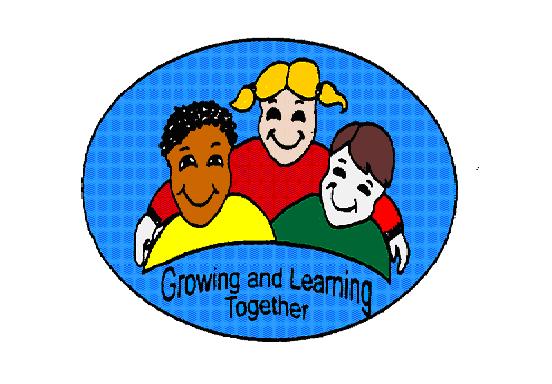
‘You know it’s going to be one of those days when a pair of shoes is delivered to the office door by 9.05am swiftly followed by a request for help and the sound of a highly distressed child.’
This was not an unusual scenario due to the increasing number of children arriving in school with unmet needs who ‘flip their lid’ and are not yet able to regulate their emotions or even express their feelings in what would be considered a socially accepted way.
We saw the profile of the school change socio-economically with more children being identified as vulnerable and it also become apparent that children were coming to school with so much emotional baggage that they were unable to meet their potential, so as a school we put our attachment and trauma informed practice under the microscope with the help of Derbyshire Virtual School as part of their Attachment Aware Schools programme. We were able to access high quality professional development and also complete a piece of action research.
Our intention was to provide children with an environment in which they felt safe and secure, we wanted the school to be their sanctuary.
Following an audit of staff knowledge and understanding we identified some inconsistencies and misconceptions particularly around the concept of safe spaces. A pop-up tent with a few cushions and some random soft toys was seen to be the answer to unmet need by a number of staff and the word ‘naughty’ cropped up far too often. It was soon realised that one size definitely does not fit all when working with dysregulated children.
We undertook a programme of training to ensure that staff knowledge and understanding of attachment and trauma was consolidated and everyone had the same consistent approach, including everyone who had a role in school (mid-day supervisors, office staff, governors). We also spent time developing our emotion coaching skills.
We developed individualised, often portable, safe spaces in addition to general spaces in every classroom for those who required them. This involved staff listening to the children and finding out what, and also who, helped them to calm down. These might involve objects, photographs, resources, textured materials and are kept in their own designed shoeboxes to enable them to take their safe space wherever they go. Every classroom had an emotional self-registration board to enable staff to quickly check in with pupils and use their emotion coaching skills if necessary.
Staff were also not forgotten in all of this development. We recognised that staff who were dealing with these dysregulated pupils were also on their own personal emotional journey and sometimes were not ‘in the right place’ to deal with an issue. To support staff in this we introduced a ‘Blue card’, this gave staff permission to have some time away from a situation by either removing the child to another space or allowing them some time out.
By exploring ways to unlock the sanctuary door as a staff we learnt a lot about ourselves, developed very strong relationships within and beyond the school building, and most importantly that there is always a reason for any given behaviour. Aspects of Attachment Theory and trauma informed practice for part of our recruitment process so that we can continue to enhance the strong team we have.
This is merely a taste of our journey and there is so much further to go in order to support our families and our communities.